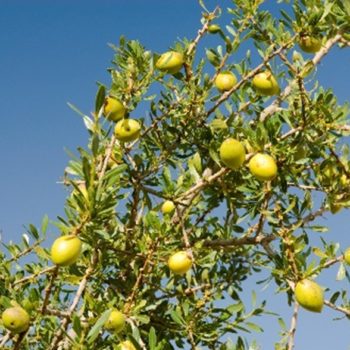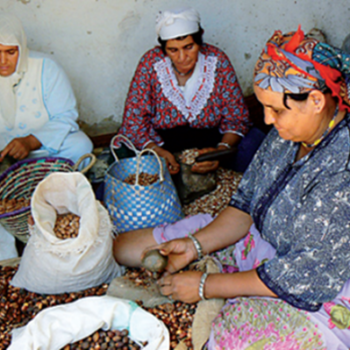Fair for Life & L’Equitable
We are certified Fair For Life, a demanding label that guarantees fairness in its economic model but not only.
Fair For Life is also a commitment to respect human rights, guaranteeing decent working conditions, respect the environment, biodiversity and the climate by implementing sustainable agricultural practices and actions for sustainable local development adapted to local contexts.
Our commitment to respect the Human beings and the Environment in a fair way, led us to develop our certified fair-trade chain where the resources are equitably distributed among all the actors of the production chain.
- In 2002 creation of our ARGAN fair-trade chain with a local partner
- From 2003 to 2019 development of our PRICKLY PEAR fair-trad chain with a local partner under the Equitable Solidary Responsible standard
- In 2021 creation of a fair partnership for the SESAME chain
Organic Sesame and Hazelnut Vegetable Oils FFL
From now on, all Argandia products will contain Sesame Vegetable Oil (formerly “only organic”) and Hazelnut Vegetable Oil. We have decided to use FFL Organic Sesame and Hazelnut Vegetable Oil in all our products that contain it.
We have many new projects in which we will use FFL raw materials to contribute to the development and upholding of fair trade sectors. Buying FFL means participating in the sustainable and fair development of activities and territories.
Creating jobs & ensuring a fair income
These sectors allow the creation jobs, guaranteeing a salary above the average wage as well as decent working conditions.
Participating in the local development fund
Each year, we are committed to pay the equivalent of 5% of imported volumes to the sectors we are partners with. Thanks to this financial fund, various actions helping social and economic development have been put in place.
Since the creation of the Argan fair-trade chain, more than thirty actions have been carried out, such as:
- Creation of a canteen within the school and its supply in water and food.
- Purchase of 5,000 olive trees from the villagers to diversify the culture in the Berber mountains
- Setting up an annual medical check-up for women
- Financing the work for a water supply to the village
- Financing the public lighting in the village







